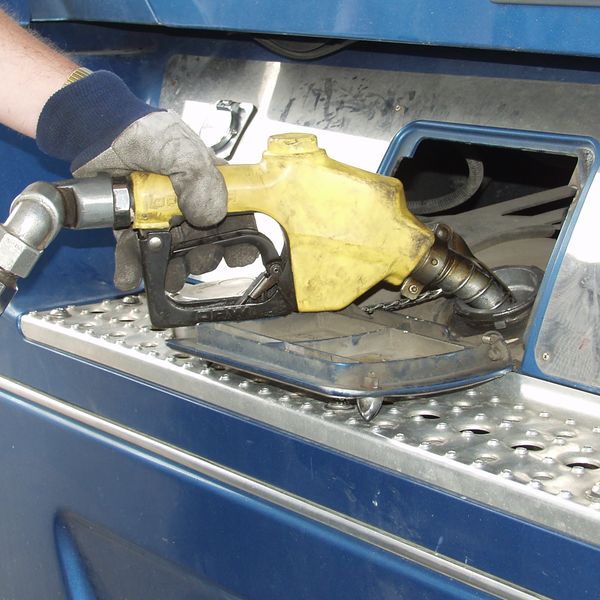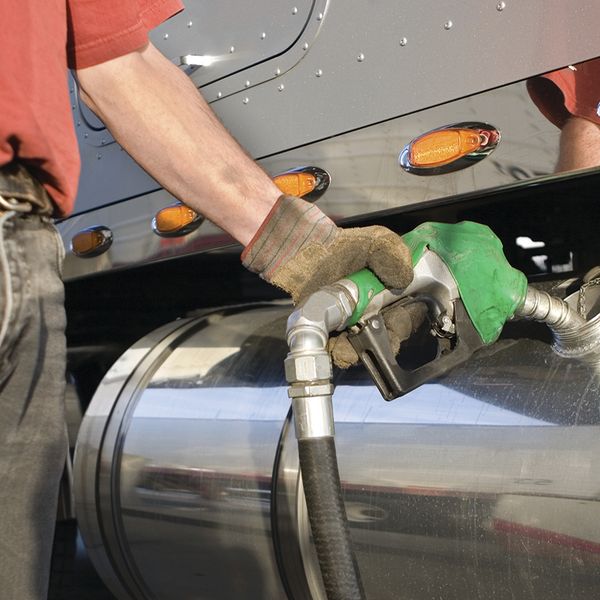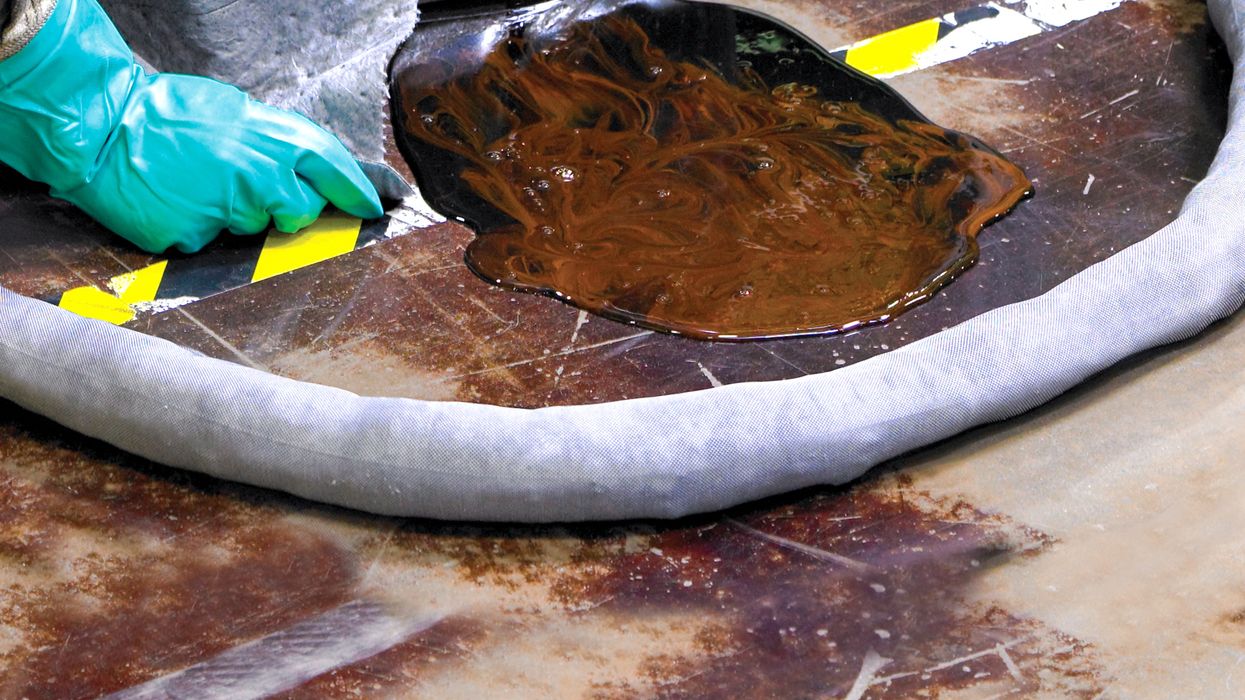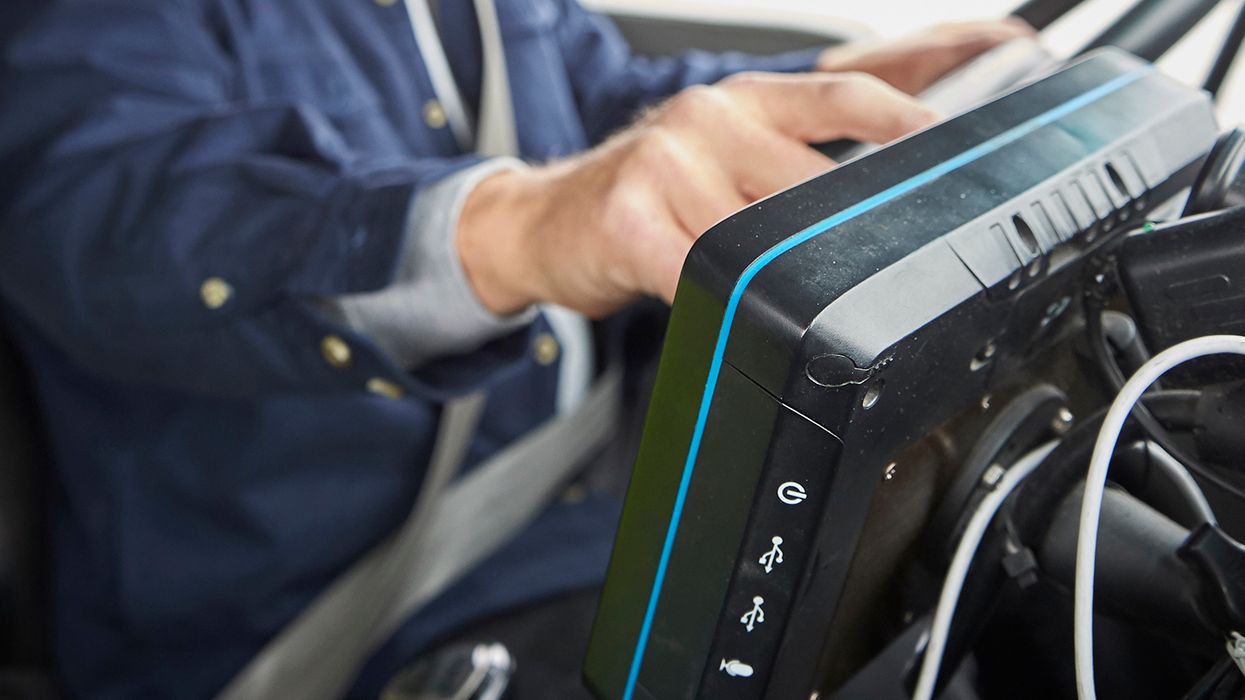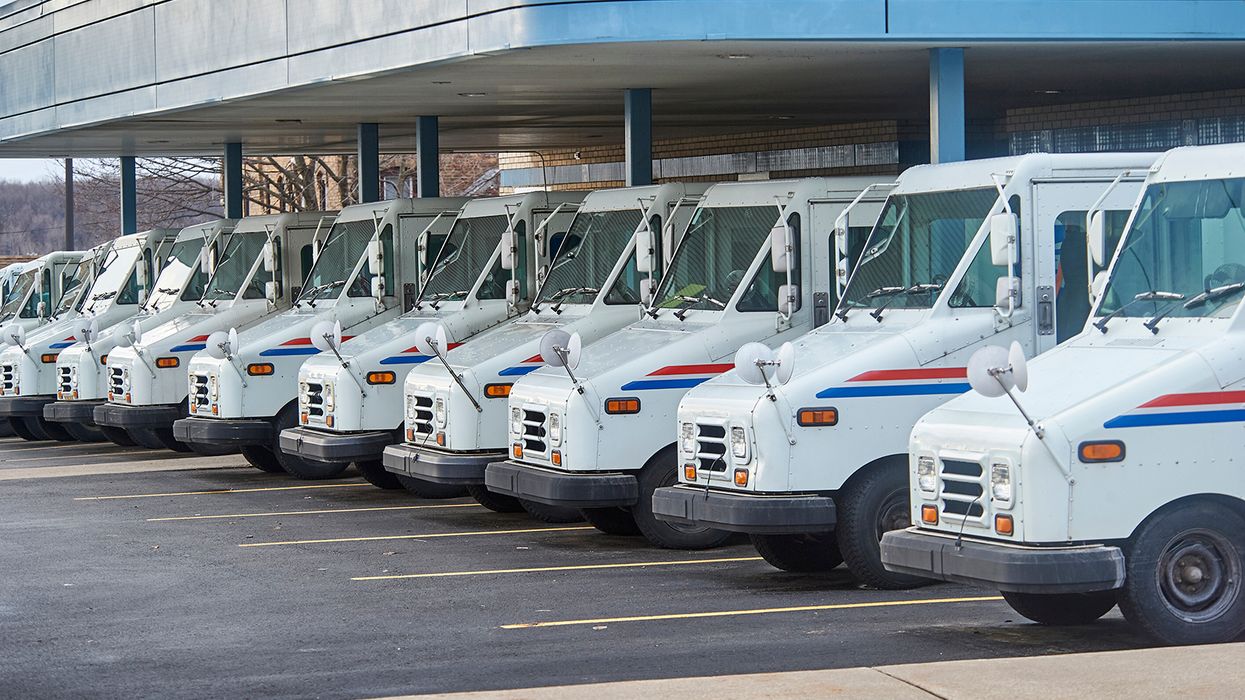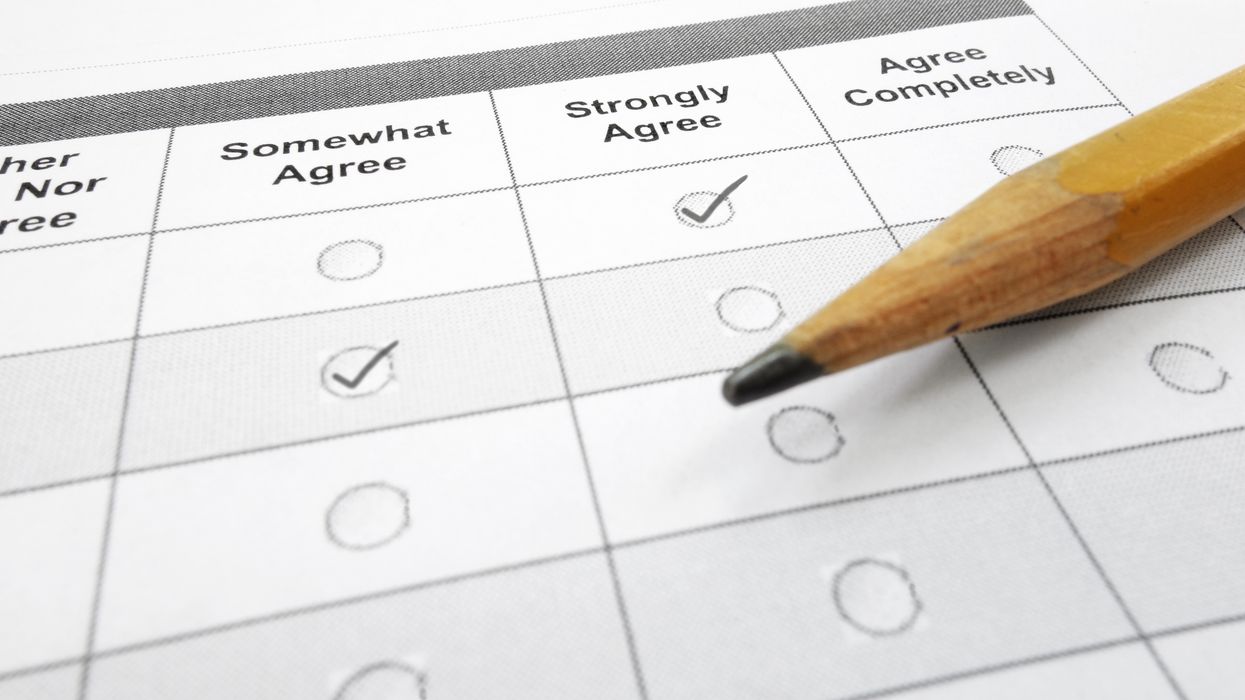Keep fuel receipts to avoid paying twice
Filing quarterly fuel tax returns is stressful enough; paying the taxes twice makes it even worse. To get credit for fuel taxes you already paid, make sure you have valid documents that prove when and where you paid the taxes.
Under the International Fuel Tax Agreement (IFTA), valid documents include:
- Receipts, invoices, or transaction listings from the seller;
- Credit card receipts;
- Transaction listings generated by a third party; and
- Digital or electronic records of an original receipt or invoice.
Detailed receipts needed for retail purchases
Certain information must appear on the documentation to receive credit on your quarterly returns. For tax-paid credit on retail purchases, a valid retail receipt, invoice, or transaction listing must contain:
- Date of the fuel purchase;
- Name and address of the seller of the fuel;
- Quantity of fuel purchased;
- Type of fuel purchased;
- Price of the fuel per gallon or per liter, or the total price of the fuel purchased;
- Identification of the qualified motor vehicle into which the fuel was placed; and
- Name of the purchaser of the fuel.
If your drivers use fuel cards, do you still need to keep the fuel receipts? As a general rule, no. If your drivers use fuel cards, fuel card reports from the card vendor are an acceptable form of fuel receipts, as long as they contain all of the required information.
A word of caution: If a driver loses the card, or it stops working, or the truck stop’s systems are down and they have to pay with cash – whatever the reason – drivers still need to know to keep receipts in these situations so there is a proper record of the fuel purchase.
Different requirements apply for bulk fuel
An IFTA licensee with a bulk motor fuel storage facility must maintain bulk fuel inventory records. The records must distinguish between bulk fuel dispensed into IFTA-licensed vehicles and non-IFTA vehicles. On the quarterly returns, you may only claim tax paid credits for fuel placed into IFTA-qualified motor vehicles.
For credit on your quarterly returns, you must retain the following records for your bulk storage facilities:
- Receipts for all deliveries,
- Quarterly inventory reconciliations for each tank,
- The capacity of each tank, and
- Bulk withdrawal records for every bulk tank at each location.
For tax-paid credit for bulk fuel, records must show that:
- The purchase price of the fuel delivered into the bulk storage includes tax paid to the member jurisdiction where the bulk storage is located, and
- You paid fuel tax to the member jurisdiction where the bulk storage is located.
For audits, records must contain the following elements for each withdrawal from your bulk storage facilities:
- Location of the bulk storage from which the withdrawal was made,
- Date of the withdrawal,
- Quantity of fuel withdrawn,
- Type of fuel withdrawn, and
- Identification of the vehicle or equipment into which the fuel was placed.
Key to remember: Without adequate documentation, your base jurisdiction will not allow tax-paid credit for fuel purchases and you’ll end up paying the tax again for those gallons.






